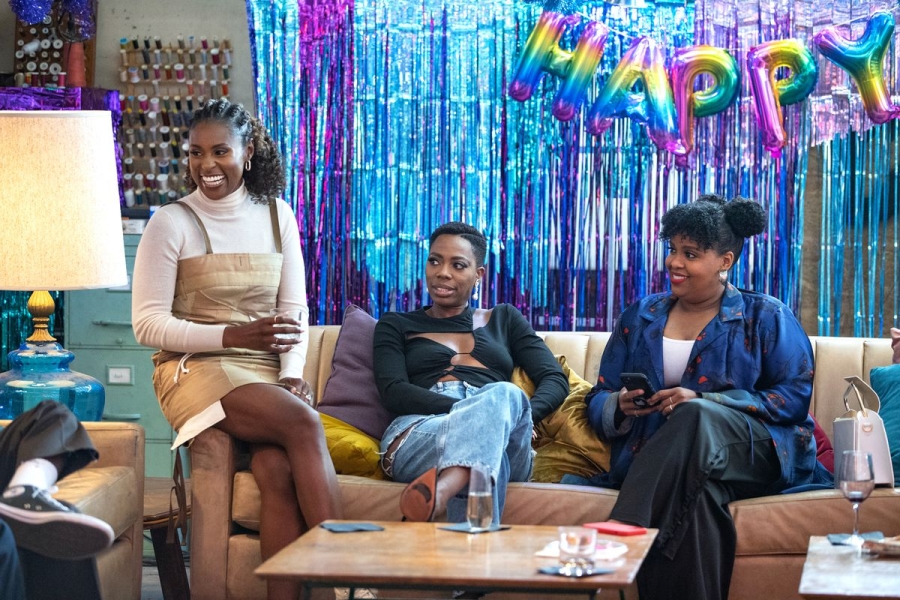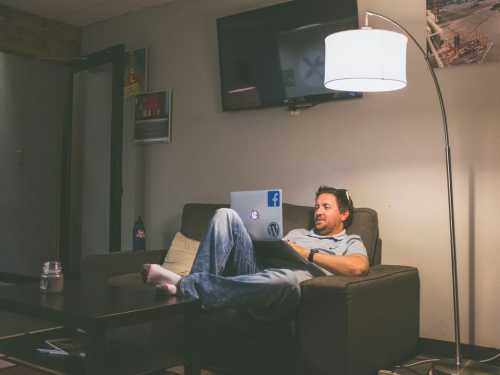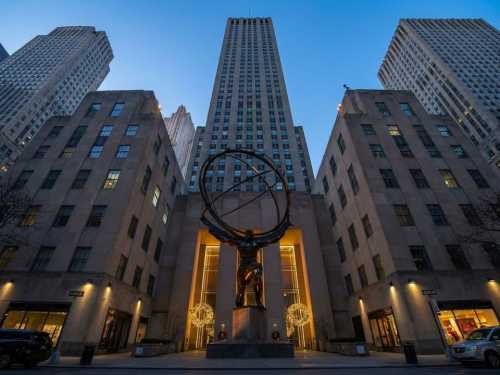Netflix set out to become HBO. Now it’s going to stream actual HBO shows. Goodbye, streaming wars?

Peter Kafka covers media and technology, and their intersection, at Vox. Many of his stories can be found in his Kafka on Media newsletter, and he also hosts the Recode Media podcast.
If you missed Insecure, a dramedy that ran for five seasons on HBO, you’re in luck: All of the show’s episodes are still available on Max, the streaming service owned by Warner Bros. Discovery (WBD).
But if you don’t subscribe to Max, you may still be in luck: In the not-too-distant future, Insecure, along with other shows that ran on HBO, will probably start streaming on Netflix, HBO’s longtime rival, too.
Is that a symbolic, record-scratch moment for the media business, one that tells us a lot about the struggles the streaming world is facing after years of go-for-broke growth? Or one that looks less dramatic once you dig into it?
Yes.
To spell that out: HBO, which has spent the last couple decades carving out a reputation as the place to see ground-breaking TV you can’t find anywhere else, has also occasionally made some of its shows available in other places. Years ago, for instance, you could watch episodes of The Sopranos on A&E, a basic cable network. But the fact that it’s happening now — and, crucially, where it’s happening — tells you a lot about WBD, HBO’s parent company, and the streaming landscape in general: Namely, that the go-go days of the streaming boom are long past us, and that the companies that survive this period are going to be more practical and less daring.
As first reported by Deadline, WBD is negotiating a deal to license some HBO shows to Netflix, a company that first got into making its own programming 10 years ago with an explicit goal of making HBO-quality shows. People familiar with the discussions tell me the deal isn’t finalized but that any titles that do end up making their way to Netflix will be “library” shows, or ones that are no longer creating new episodes. My hunch is that HBO’s most famous flagpole shows, like The Sopranos or Game of Thrones, won’t run on Netflix, either. Reps from WBD, HBO, and Netflix declined to comment.
One way to think about this deal is to compare it to another one HBO made with another streamer. In 2014, HBO, then owned by Time Warner, struck a deal to license Girls and other shows to Amazon for the retail giant’s Amazon Prime Video service.
At the time, the deal seemed fairly straightforward. HBO, despite howls from tech-savvy customers, didn’t have its own, standalone streaming service, so it didn’t see much downside in putting some old shows on someone else’s streaming service. It would get an easy source of profits, plus the chance to get HBO shows in front of people who didn’t subscribe to HBO, in the hope they’d eventually become HBO subscribers.
And, crucially, HBO management didn’t consider Amazon Prime Video real competition for its subscribers, despite the fact that Amazon had a smattering of HBO-style shows, like Transparent.
HBO also kept the deal in place — and eventually renewed it — when it did launch its own standalone streaming service, telling itself that the marketing upside was still worth it. And HBO eventually sold subscriptions directly through Amazon’s store, giving it the ability to convert Amazon Prime customers into HBO customers with a couple clicks. (Those deals went away when AT&T purchased Time Warner, and new management wanted to maintain more control over how their services were sold.)
The Netflix deal sounds similar in some ways. HBO will license some of its older shows but not any of its current hits. But unlike Amazon, Apple, and YouTube, Netflix doesn’t offer an online video store, so there’s no mechanism to convert HBO watchers on Netflix into HBO subscribers.
Most importantly: It’s Netflix, the company that specifically set its sights on HBO when it got into streaming. “The goal is to become HBO faster than HBO can become us,” Netflix co-CEO Ted Sarandos famously said 10 years ago. And all this comes years after TV executives throughout the industry realized they’d made a terrible mistake by selling many of their reruns to Netflix, so that TV watchers were trained to watch shows like Breaking Bad on Netflix instead of AMC, which originally aired them.
Which is why the news of the deal is generating tons of attention in the media industry — and generating dismay inside HBO, where people view it as a sign of weakness at parent company WBD. “Definitely a response to desperate circumstances,” one HBO insider told me. “They’d sell anything [to Netflix] if they could,” said another.
Why? Simple: Warner Bros. Discovery needs cash. The company, assembled last year when AT&T shrugged off the company that used to be called Time Warner and merged it with Discovery, ended up taking on tens of billions in debt in the transaction — its current tally is $50 billion. Since then, it has been trying to convince Wall Street that it can both cut costs and find new ways to make money from the stuff it makes and owns.
It has been struggling to make the case. It’s telling, for instance, that news of the Netflix-HBO deal has leaked the same week that WBD has started another round of layoffs, which are expected to continue for weeks.
And WBD is one of many media companies that is pulling back after spending years and billions of dollars trying to become The Next Netflix — a high-growth streaming service that didn’t need to worry about profits because Wall Street cared about growth, not profits. Now, Wall Street has changed its mind, which is why the likes of Disney — which made the most credible pursuit of Netflix — just cut 7,000 jobs.
So maybe this will be another pivot we see from multiple streamers in the future. It used to be conventional wisdom that the key to a successful streamer was must-see content you couldn’t get anywhere else. But that was also when conventional wisdom was that the key to success was growing as fast as you can and not worrying about the bottom line. Maybe we’re headed for a more promiscuous streaming era.
Source: vox.com






